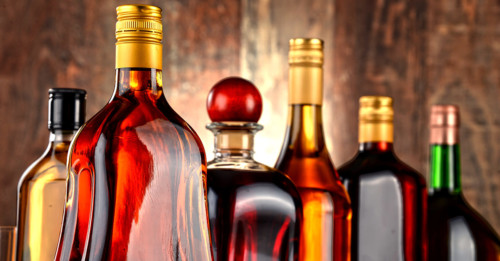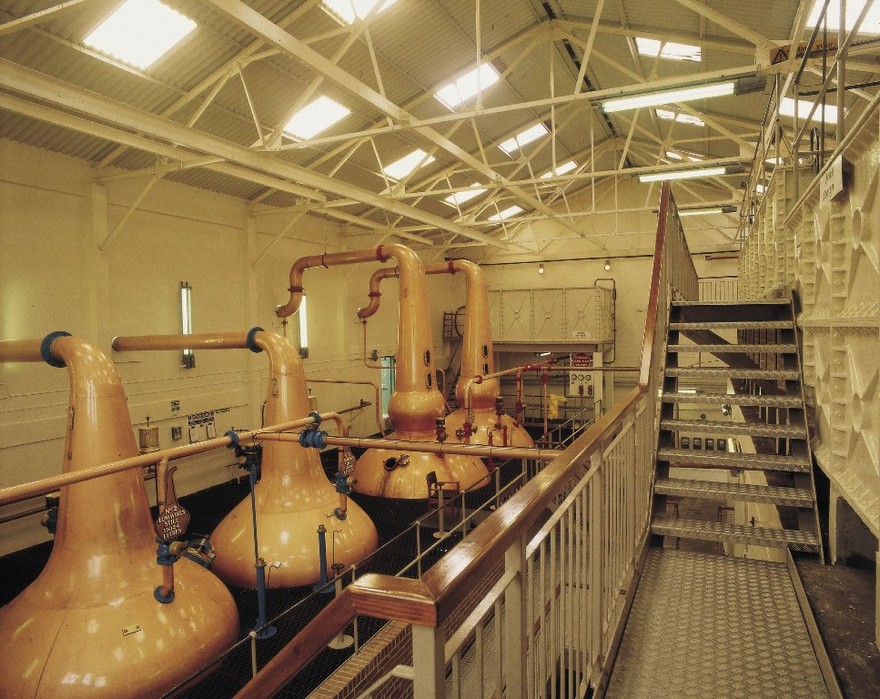Distilleries
The Alcohol Industry has been growing leaps and bounds since the ancient ages. New times have just improved the ways and means of how these industries could be taken into the rapid mode. All said and done, Distilleries remain one of the chief and major water and land polluting segment of industry. The Effluent or the waste water (termed as Spent wash) are enormously high in quantity.
There have been many technological advancements done by different organizations to provide some sort of solution to the issue of Spent wash treatment, and as the preamble suggest the efforts have been half hearted and just not enough to provide a complete ZLD to the distilleries.

Whereas the distilleries have to pass through all sort of post treatment activities like, incineration, bio-composting and others just to render to natural way of eliminating water and despite of following available technologies the problem remains unattended.
Chem Process has developed a unique technology (patented) to produce high purity salts and CMS which helps not only to resolve the problem of ZLD, but also eliminating the tedious processes of Bio-composting and Incineration and in the effort of doing so, the distilleries actually start earning uncalled for profits making them self-sustainable and year round working.
The use of Fluidic chemicals is on a very high side
This process can be done in both Bio-methanated and Raw Spent-wash, for any molasses producing industry, right from Sugar, Beet vinasses, Grain based distilleries, Yeast drying and other industry involved in Bio-fermentation for production of Alcohol.
The main source of pollution from distilleries is the Spent Wash – a nontoxic biodegradable effluent.
Some conventional technologies adopted for treatment of Spent Wash during the 80’s:
- Bio-methanation
- Composting
- Incineration

